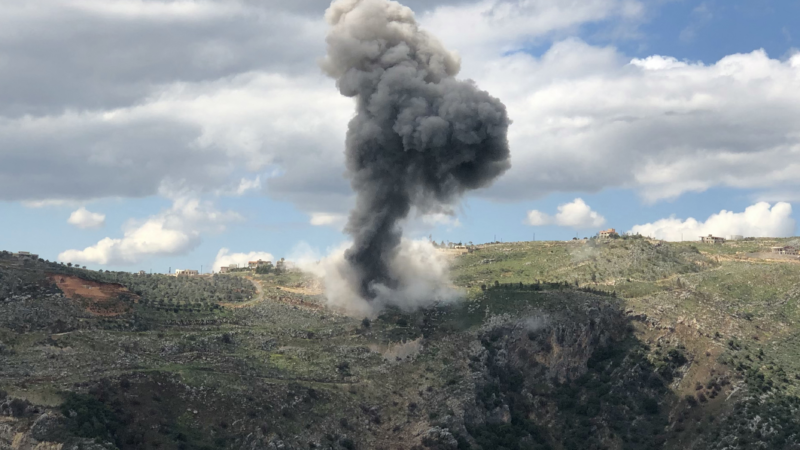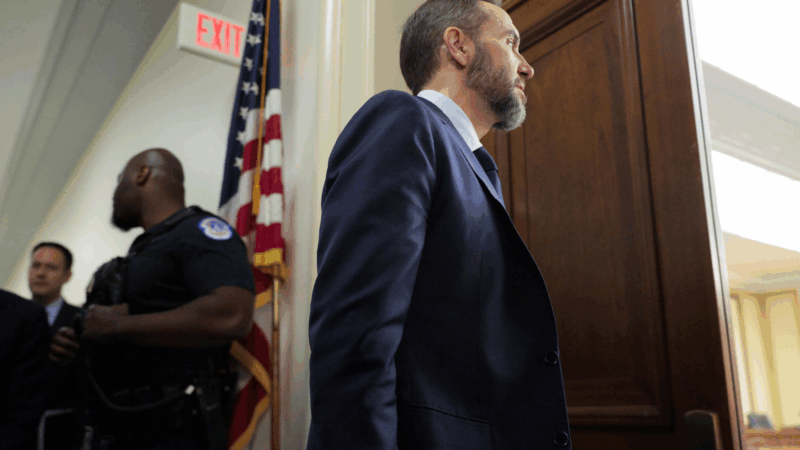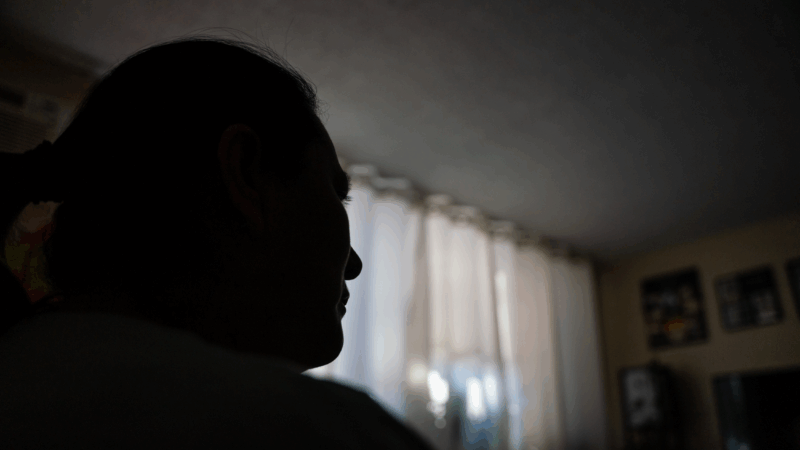Israel strikes multiple sites in southern Lebanon in response to rocket attack
TEL AVIV, Israel — The Israeli military said it struck multiple Hezbollah targets in southern Lebanon, after several rockets were fired from there toward northern Israel Saturday morning. Lebanese health officials said two people had been killed, including a child, and several more were injured.
Sirens rang out in the northern Israeli city of Metula around 7:30 a.m. Saturday, after a relatively quiet several months. The Israeli military said three rockets were launched from Lebanon, and all were intercepted. The Lebanese militant group Hezbollah denied responsibility in the attack, and reiterated its commitment to the ceasefire agreement with Israel in place since November of last year.
Prime Minister Benjamin Netanyahu and Defense Minister Israel Katz instructed the Israeli military to take “powerful action” in response, saying that the Lebanese government bears responsibility for any rockets launched from its territory.
In a statement, Lebanese Prime Minister Nawaf Salam warned that renewed military activity with Israel could “drag the country into a new, devastating war.” He asked Lebanon’s defense minister to take all measures necessary to show that the state holds authority over both military and peaceful actions.
The Lebanese army announced that it had found three of what it called “primitive rocket launchers” possibly used in the attack and dismantled them, saying that the military continues to “take the necessary measures to control the situation in the south.”
A fragile ceasefire between Israel and Hezbollah has been in effect since late last November, after more than a year of low-intensity war between the two led to a destructive and deadly Israeli ground invasion into Lebanon. Under that ceasefire deal, Hezbollah was to dismantle all weapons in southern Lebanon and Israeli troops were to withdraw from the region, with the Lebanese army taking over to maintain calm. The agreement also specifies that Lebanon’s government is responsible for dismantling all military infrastructure in southern Lebanon and confiscating all unauthorized arms.
The truce between Hezbollah and Israel has been tenuous. Since November, Israel has carried out nearly daily strikes on what it says are Hezbollah targets, and Israel has said attacks will continue if needed to keep the group from rearming. Hezbollah has not fired back at Israel during that time. And the Israeli military is still occupying five locations in southern Lebanon — past the scheduled time of full withdrawal — which the Lebanese government says is a violation of the country’s sovereignty and against the ceasefire agreement.
In response to Saturday’s exchange of fire, the United Nations peacekeeping force in Lebanon, known as UNIFIL, said it was alarmed by the possible escalation of violence in the area.
“We strongly urge all parties to avoid jeopardizing the progress made, especially when civilian lives and the fragile stability observed in recent months are at risk,” it said in a statement. “Any further escalation of this volatile situation could have serious consequences for the region.”
Yanal Jabarin contributed to this report from Jerusalem, Ahmed Abuhamda from Cairo and Jawad Rizkallah from Damascus.
Trump vs. U.S. allies: How will this end?
The president has backed off his threat to take Greenland by force. But his highly inflammatory remarks in Switzerland rattled U.S. allies and threatened to tear down the pillars of the world order.
Jack Smith to defend Trump investigations to House Republicans
Jack Smith's appearance before the House Judiciary Committee marks the first open testimony about his work after presiding over two federal criminal indictments of President Trump.
Some voters who backed Trump say ICE is going ‘too far’
A new focus group of Biden-to-Trump voters weighs in on immigration operations and Trump's foreign affairs leadership on Greenland and Venezuela.
Rahm Emanuel steers a course between ‘monopolists’ and ‘Marxists’
NPR's Steve Inskeep speaks with longtime Democrat Rahm Emanuel about politics in the Trump era.
The ICE surge is fueling fear and anxiety among Twin Cities children
Some families aren't leaving their homes as aggressive ICE operations continue in Minnesota, leaving their children confined and stressed. Across the Twin Cities, kids are anxious and afraid.
Israeli fire strikes journalists and children in Gaza
Israeli forces on Wednesday killed at least 11 Palestinians in Gaza, including two boys, three journalists and a woman, hospitals said, on one of the enclave 's deadliest days since the ceasefire took effect.






